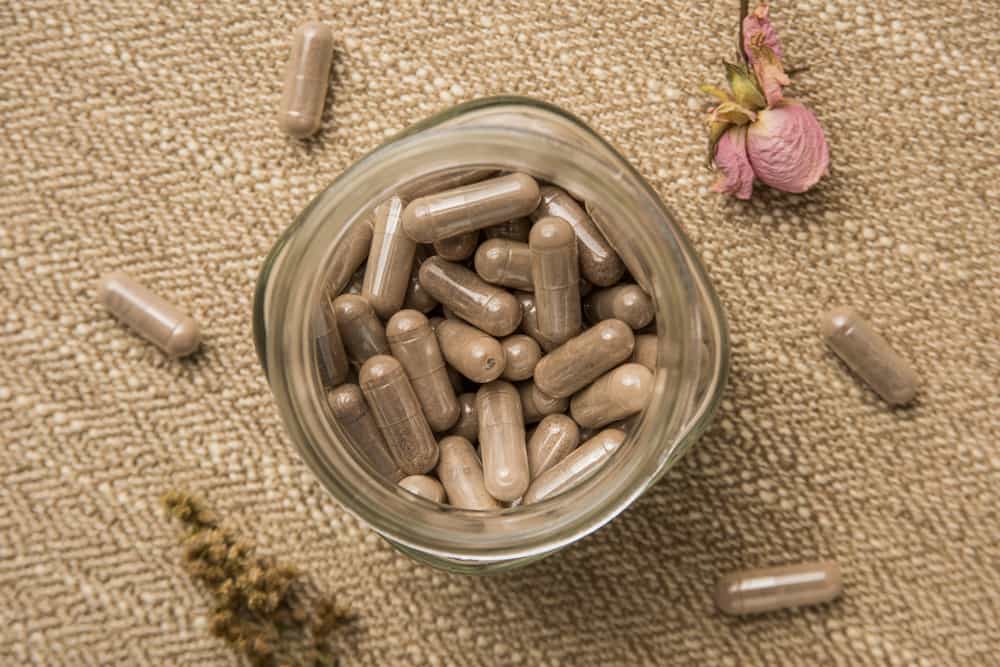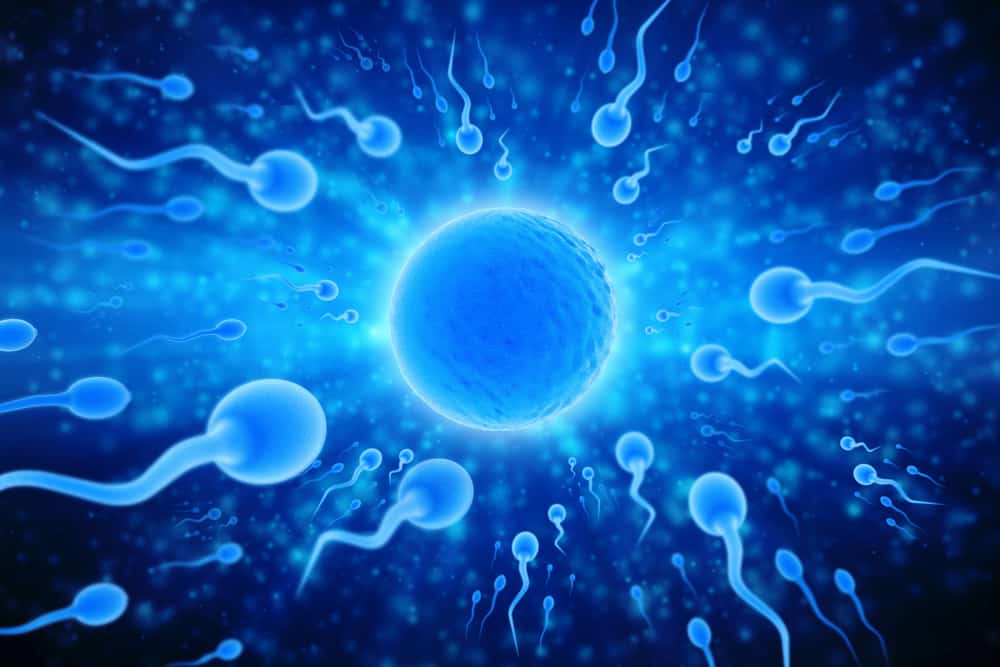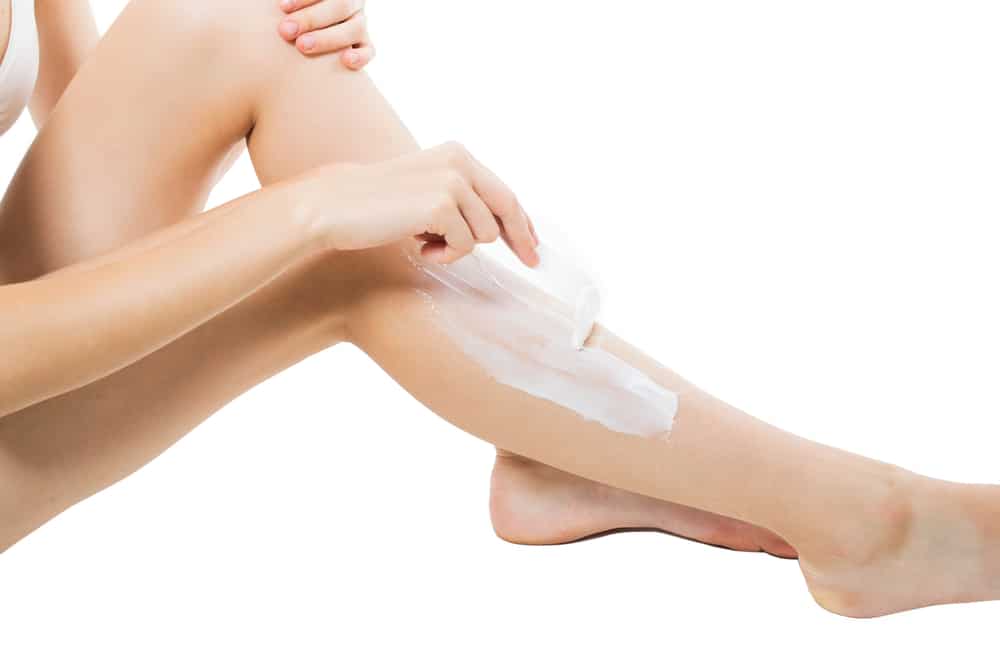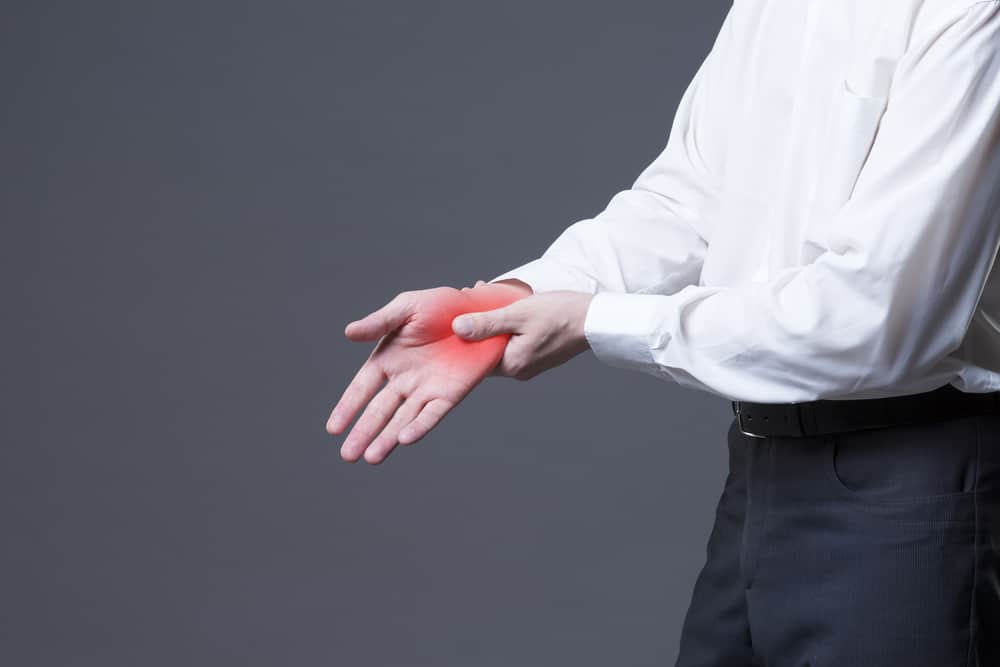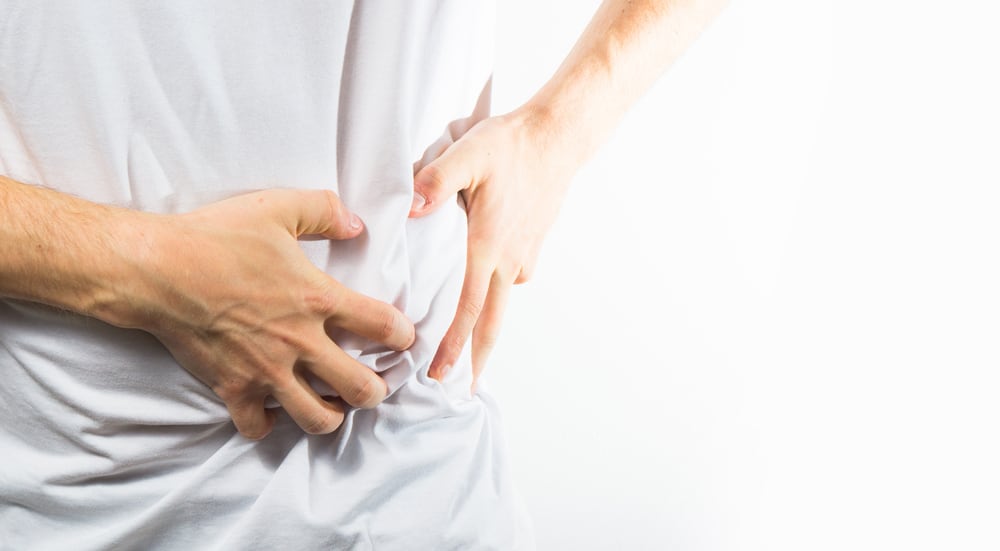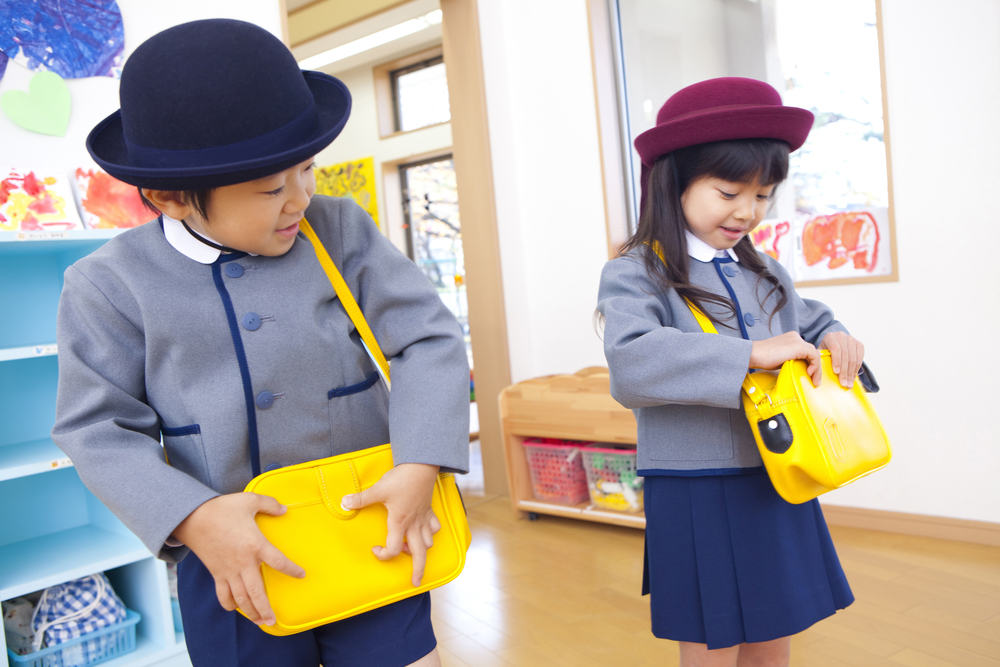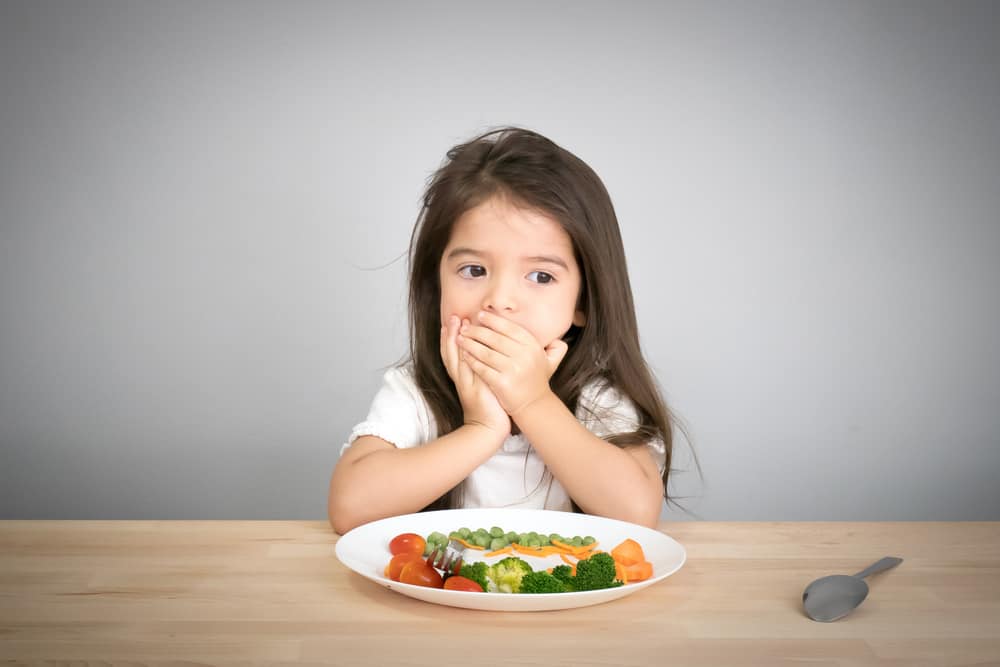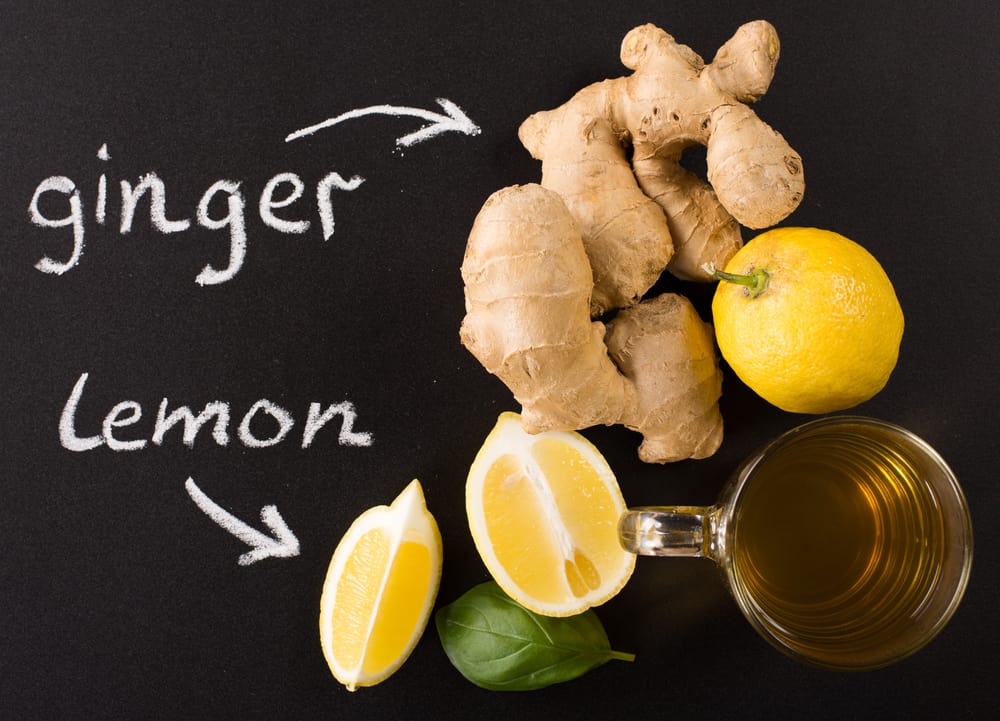Contents:
- Medical Video: Should You Eat Your Placenta?
- What is the function of the placenta?
- The trend of eating the placenta itself after giving birth came from China
- Eat your own placenta after giving birth, is there any benefit?
- Is there a risk of eating placenta yourself?
Medical Video: Should You Eat Your Placenta?
The placenta is a sac-shaped organ that functions as a home for the developing fetus during the mother's stomach. The placenta will release spontaneously after giving birth. Then what happens to the placenta after you give birth? Most hospitals will immediately throw it away. Some mothers choose to save and bury themselves. But in recent years, many women have eaten their own placenta after giving birth because it follows a rising trend.
It sounds strange and a bit ridiculous. But many believe in the benefits produced after eating placenta. Is it really useful?
What is the function of the placenta?
Oxygen and nutrients carried through the mother's bloodstream are received by the baby through the umbilical cord connected to the placenta. This intake of oxygen and nutrients is the food for babies to support their growth and development during the womb.
In addition, the placenta also functions as a protector of the baby against germs and bacteria that are in the mother's body so that the baby in the womb remains in good health. The placenta is also a barrier so that the baby's cells do not enter the mother's bloodstream, so that the baby is not mistaken as a foreign cell by your body.
The placenta produces hormones needed by you and your baby during the womb. Some of the hormones produced by the placenta are the human placental lactogen (HPL) hormone, relaxin, oxytocin, progesterone, and estrogen.
The trend of eating the placenta itself after giving birth came from China
The tradition of eating the placenta itself after giving birth or what is called placentophagy lately it's been popular. Placentophagy originally from ancient Chinese medicine, where the organ will be used to help deal with medical conditions such as problems with infertility and liver disease.
There are several ways to consume your own placenta after giving birth, for example as a supplement (encapsulation), cooked into a dish, or even eat it raw.
Eat your own placenta after giving birth, is there any benefit?
Here are some of the health benefits of placental eating claimed by activists of the placentophagy trend:
- Increase milk production
- Reducing stress hormones
- Helps the uterus return to normal
- Makes you feel closer to the baby
- Reducing depression after giving birth
- Improve iron levels in the blood
- Increase stamina
One study has shown that postpartum placenta contains nutrients such as fiber, protein, potassium, and hormones including estradiol and testosterone. But so far, the benefits of eating placenta to date are only based on suggestions from people who have tried it. There hasn't been any medical research that can prove the true benefit behind the trend of eating your own placenta after giving birth.
Is there a risk of eating placenta yourself?
A 2015 study conducted by a medical university in Chicago, concluded that there is not enough evidence to suggest that consuming placenta can provide health benefits for mothers. Other than that, Centers for Disease Control and Prevention (CDC) shows that consumption of the placenta can even be harmful to the mother and baby. The CDCD report reveals that mothers who take placental pills can develop group B bacteria Streptococcus (GBS) in the intestine that can be passed on to his child.
Eating raw placenta is also a high risk of getting you an infection. Because the raw placenta is the same as raw meat that stores many bacteria. The placenta can also rot if not stored properly.
The CDC says that the placenta needs to be heated to 55 degrees Celsius for more than 2 hours to be able to kill bacteria. Even higher temperatures are needed to kill viruses such as HIV, Zika and hepatitis. But when the placenta is cooked long enough, heavy metals and hormones can collide in the placenta, and heat will not affect the compound. A study reports that women who consume placental dishes often experience headaches, which can be caused by heavy metal cadmium that forms in their placenta.
If you are interested in trying to eat your own placenta after giving birth, it is recommended to consult a doctor first.

